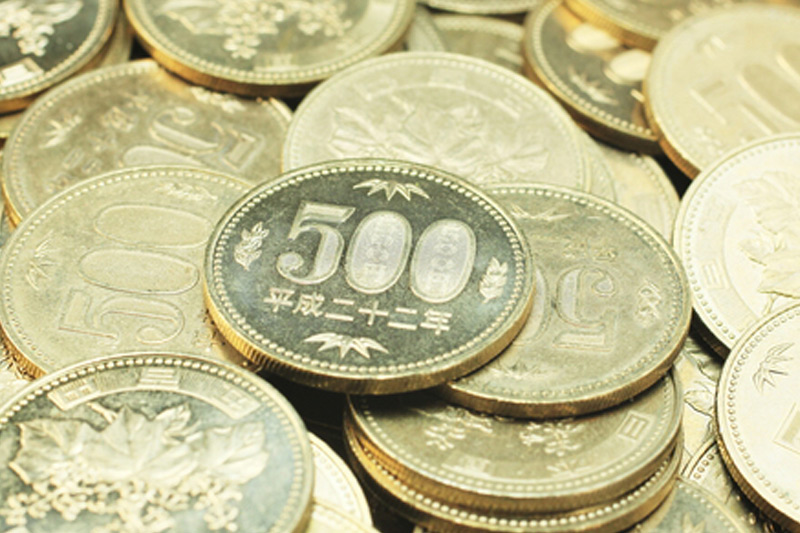By Leika Kihara
TOKYO (Reuters) - Japanese Economics Minister Akira Amari on Wednesday warned that excessive yen moves were undesirable for the economy, after the currency hit a six-year low against the dollar.
"When I say excessive currency moves, I mean moves that don't reflect the real state of the economy," Amari told a news conference after a meeting of an economic panel that he chairs.
"Excessive yen rises or yen declines, and excessively rapid exchange rate moves, aren't good for the economy. That's true not just for Japan but for any other country."
He also said there were positive and negative factors for the economy from a weak yen, as exporters would see their overseas profits increase on a yen basis while rising import costs hurt consumers and small firms.
Amari declined to comment on what he saw as a desirable range for the dollar/yen.
The remarks by Amari contrast with those of Bank of Japan Governor Haruhiko Kuroda, who has said he saw no major problem with yen declines as they were beneficial for the economy.
Amari was also more direct than Finance Minister Taro Aso, who is in charge of currency policy and has largely declined to comment on recent yen declines.
Sharp yen rises and weak exports were among topics of debate at Wednesday's economic panel, chaired by Amari and including main economic ministers, the BOJ governor and academics.
Chief Cabinet Secretary Yoshihide Suga questioned Kuroda on why exports and capital expenditure had not strengthened despite the weak yen, according to Amari.

Kuroda said companies that had shifted production overseas when the yen was strong could not easily shift output back home, but capital expenditure was starting to increase as a trend.
(Reporting by Leika Kihara; Editing by Edmund Klamann and Robert Birsel)
